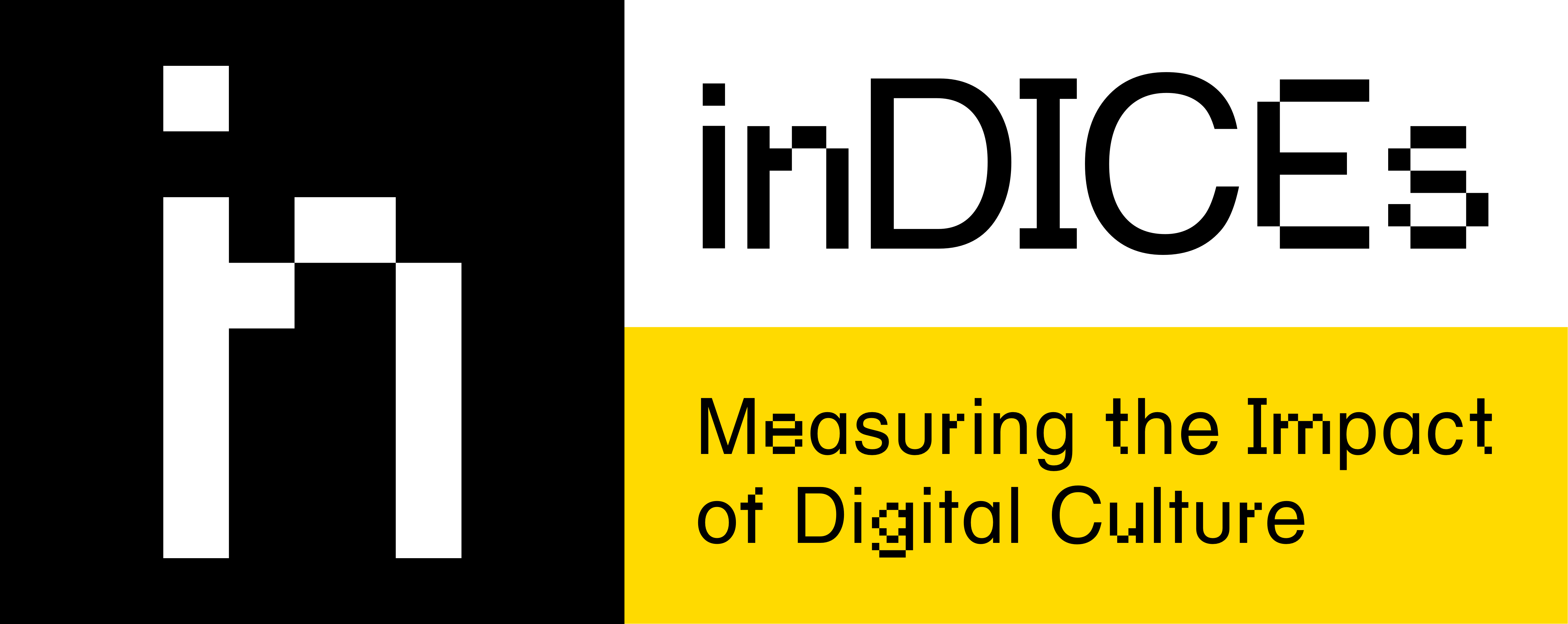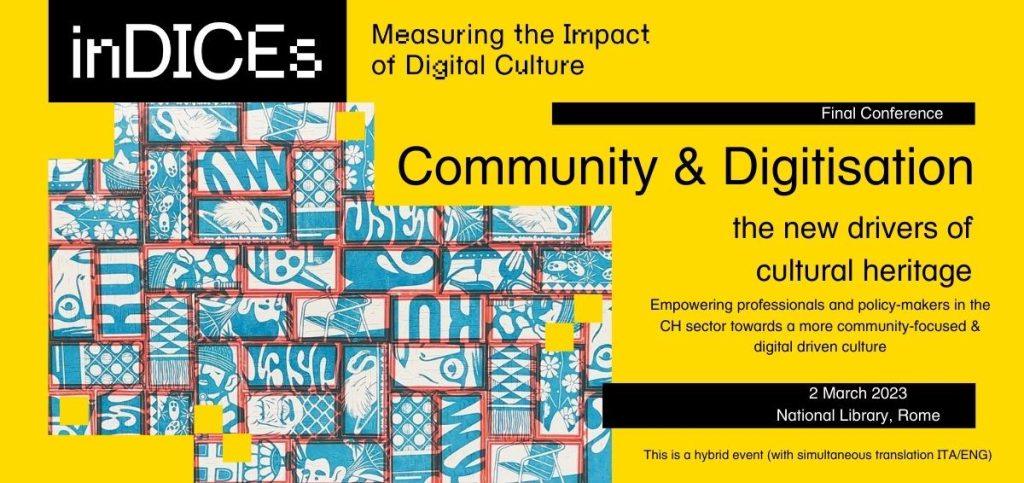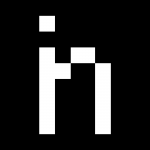COMMUNITY AND DIGITISATION: THE NEW DRIVERS OF CULTURAL HERITAGE
Empowering professionals and policy-makers in the CH sector towards a more community-focused & digital driven culture
Are you wondering how Cultural Heritage Institutions, whatever their size, may turn from gatekeepers to gate-openers? How to preserve and give better access to our cultural heritage? What strategy and tools to use to facilitate community engagement and stimulate user participation?
Join us to discuss how to foster democratic and community-focused digital transformation by supporting access and reusability of digital heritage. On March 2nd a group of recognised experts in the cultural heritage sector will convene at the National Library in Rome to discuss these questions and much more. If you have been struggling with the challenges of the digital realm, that’s a great opportunity for you to get insights, inspiration and recommendations on how to convert your digital ambitions into digital strategies.
This is a hybrid event with simultaneous translation (English-Italian). The programme was carefully thought to encompass a wide range of subjects related to the digital transformation for CHI’s. From policy making to creative reuse of digital heritage, the discussions pervade the most recent challenges cultural heritage professionals have been dealing with. You will also have the opportunity to discuss the most recent tools, use cases and best practices currently developed and implemented in the sector.
THU MAR 02
Registration & Welcome coffee | 09:00-10:00
Opening & Keynotes | 10:00-11:00
Session #1 Setting the overarching agenda – policies to facilitate creative reuse and consumption of digital cultural resources | 11:00-12:30
Lunch break and Networking
Session #2 Translating policy to application – measuring the impact of culture on social and economic development | 13:30-15:00
Coffee break and Networking
Session #3 Tools, use cases and best practices – assessing and improving our digital transition strategies | 15:30-17:00
The event is organised by inDICEs, a project that has received funding from the European Union’s Horizon 2020 research and innovation programme under grant agreement No 870792.



